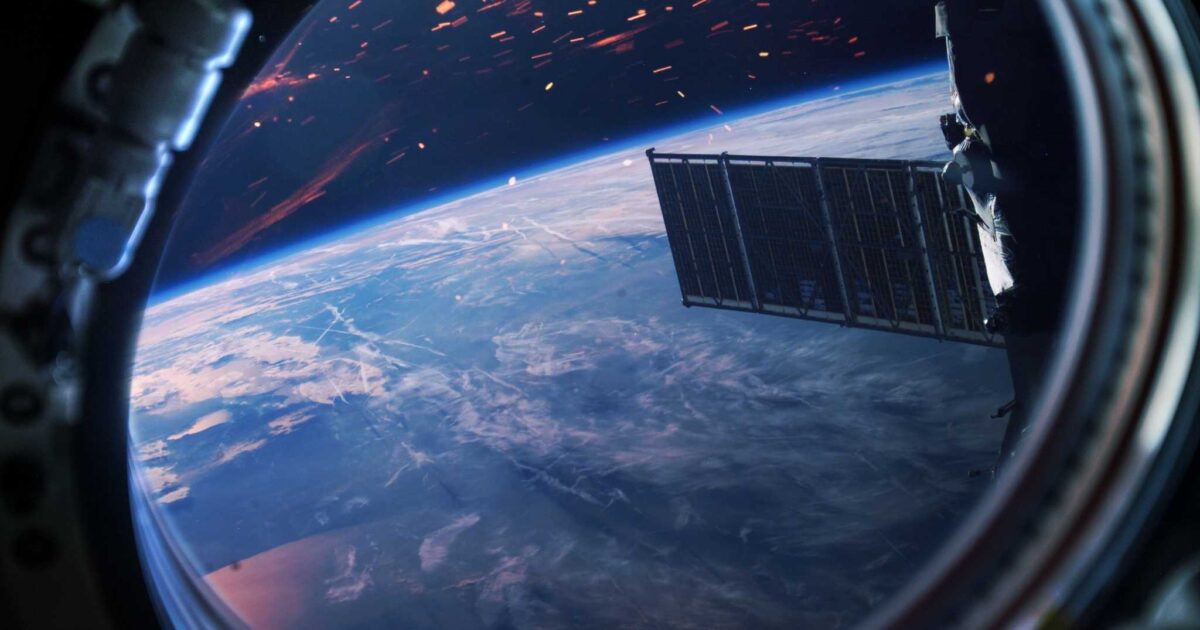According to a recent research, rocket launches amid an intensifying race for space tourism among private companies like Virgin Galactic, SpaceX, and Blue Origin can harm the ozone layer and the environment.

Researchers from University College London (UCL), the University of Cambridge, and Massachusetts Institute of Technology (MIT) discovered that the soot emissions from rocket launches are significantly more effective at warming the atmosphere than other sources in an article that was published in the journal Earth’s Future on June 9. According to the researchers, frequent launches by the quickly expanding space tourism sector “may undercut the Montreal Protocol’s success in reversing ozone depletion.”
They contend that environmental control is urgently required to lessen the harm this rapidly expanding sector is doing to the environment.
In their recent study, researchers from MIT, University College London (UCL), and Cambridge University assert that the expanding space tourism business may have a much greater negative impact on the environment.
The study concludes that because rockets release gaseous and solid pollutants directly into the high atmosphere, the harm they do to the ecosystem is far larger than that produced by other forms of pollution.
Current development patterns in space tourism also point to a potential for ozone layer thinning above the Arctic. According to a news release from University College London (UCL), this is because the toxins from rocket fuel and the heating created by spacecraft returning to Earth, together with the debris caused by the trips, are particularly detrimental to the ozone layer.
The study team demonstrated that the rate of warming caused by the emitted soot will more than double in just 3 years of further space tourism launches.
Kerosene-fueled SpaceX launches and hybrid synthetic rubber fuels used by Virgin Galactic are to blame for this.
Although the amount of ozone lost during current rocket launches is “minimal,” the researchers contend that if weekly or daily rocket launches for space tourism become commonplace, the Montreal Protocol’s recovery of the ozone layer may be jeopardised.
An important international agreement known as the Montreal Protocol was signed in Montreal in 1987 with the intention of conserving the ozone layer by limiting the manufacturing and use of about 100 compounds known as ozone-depleting substances (ODS).

